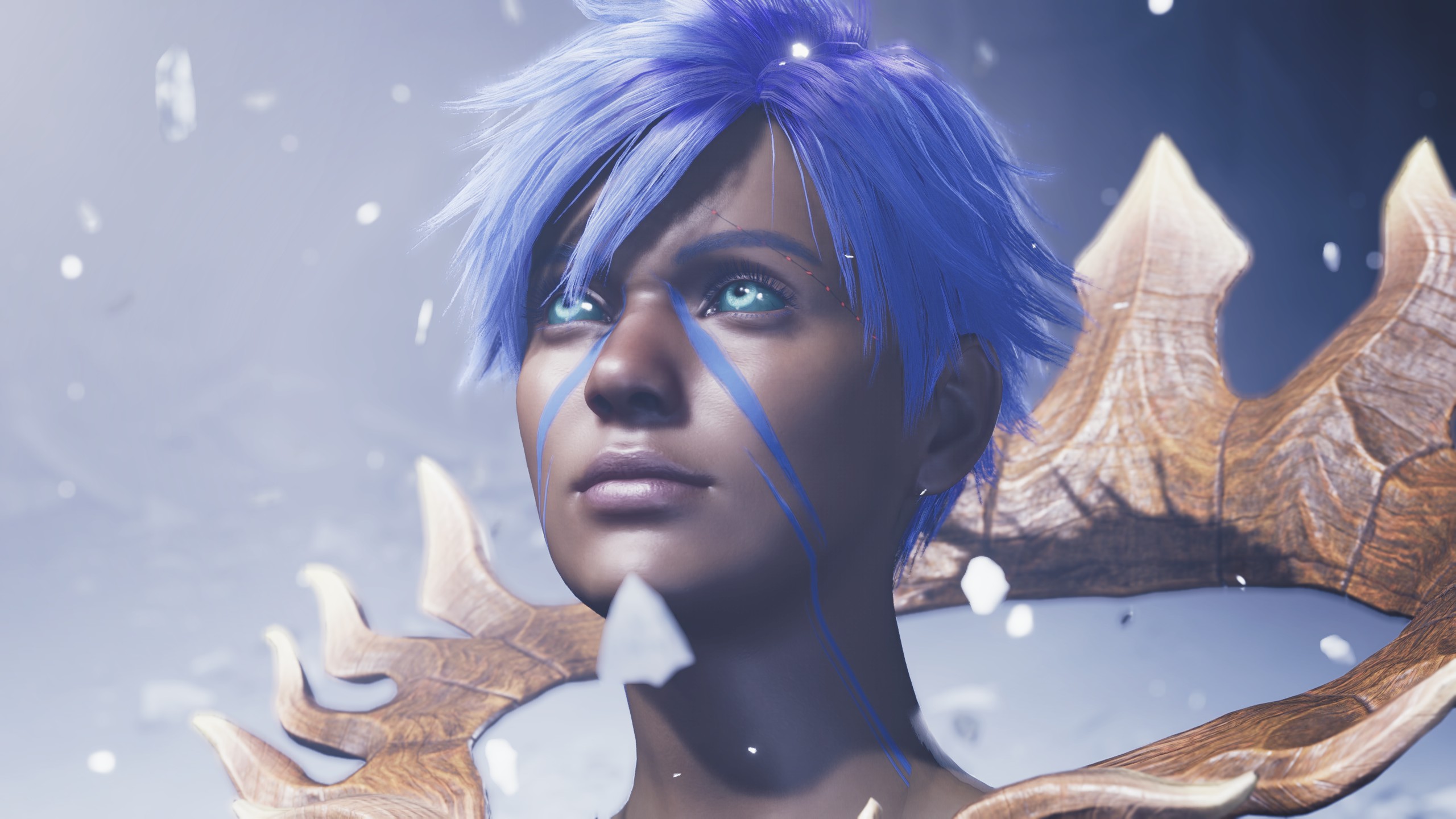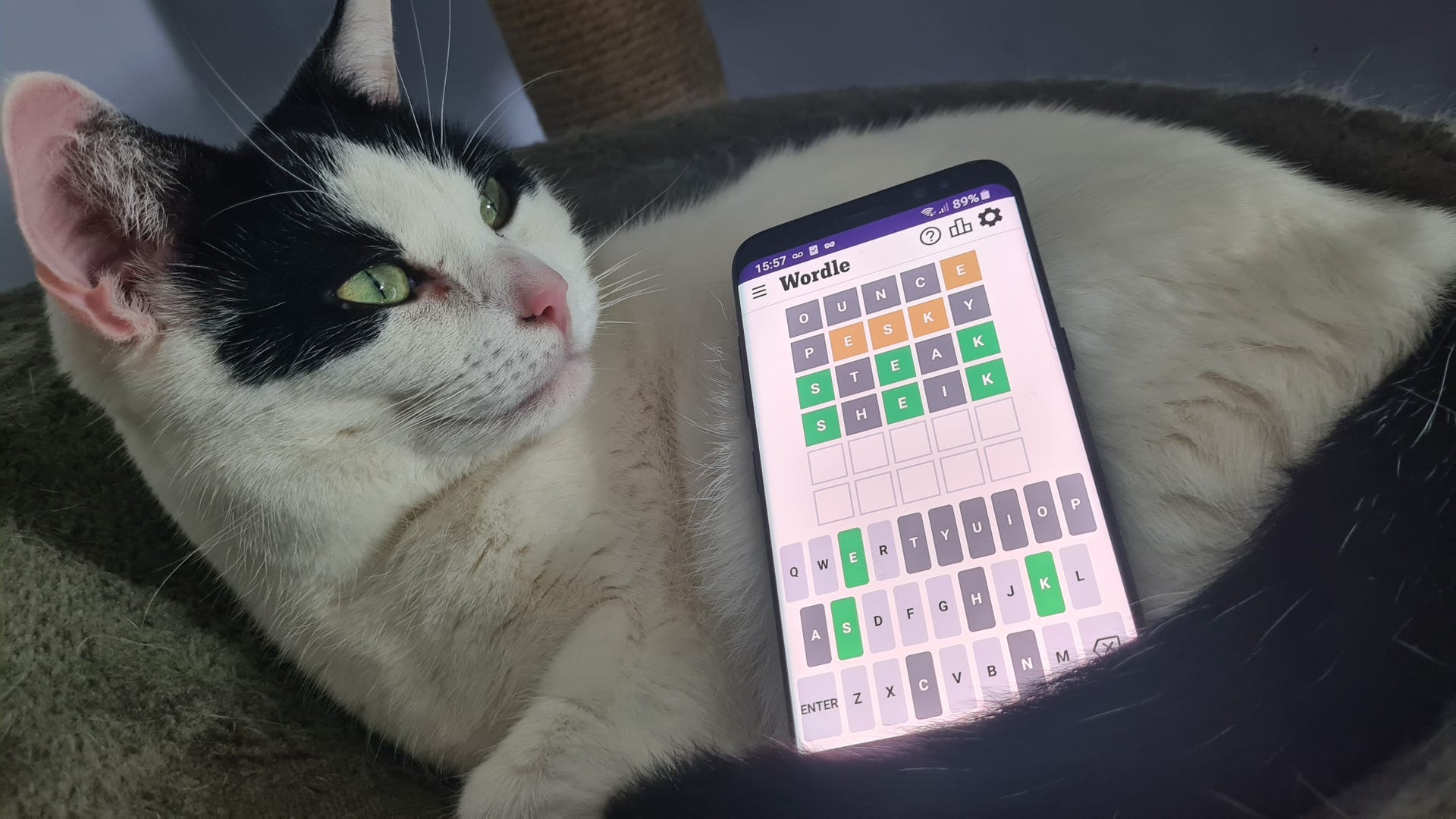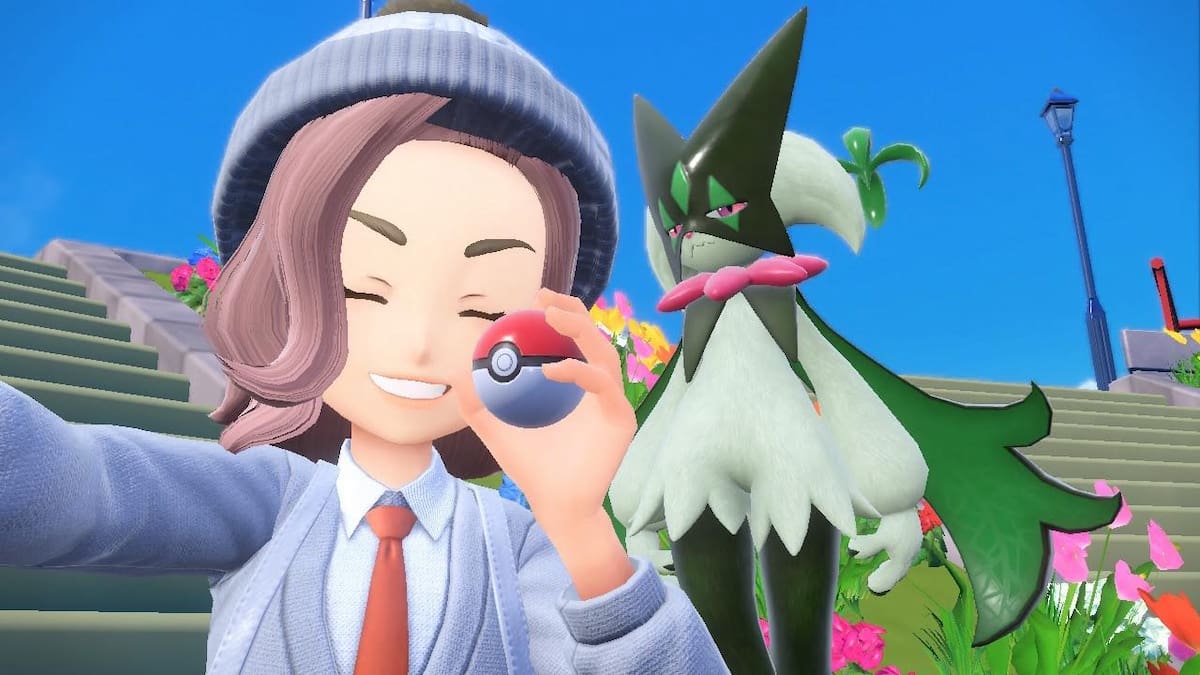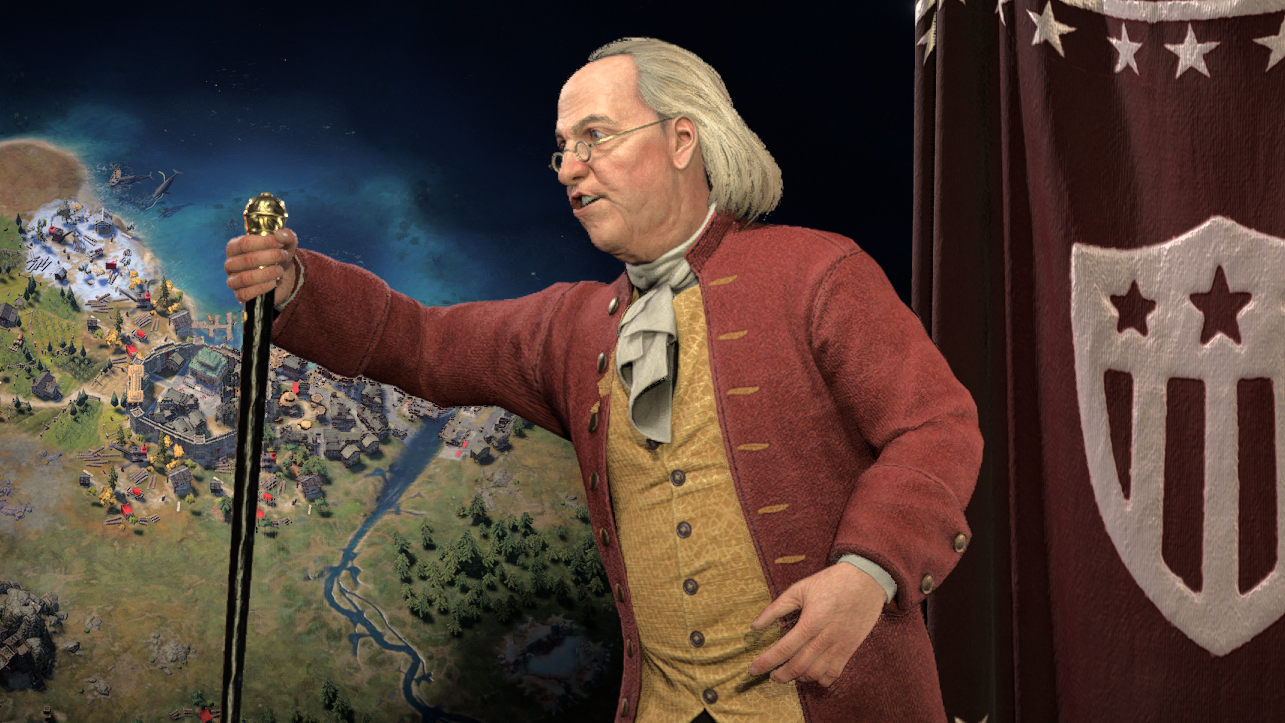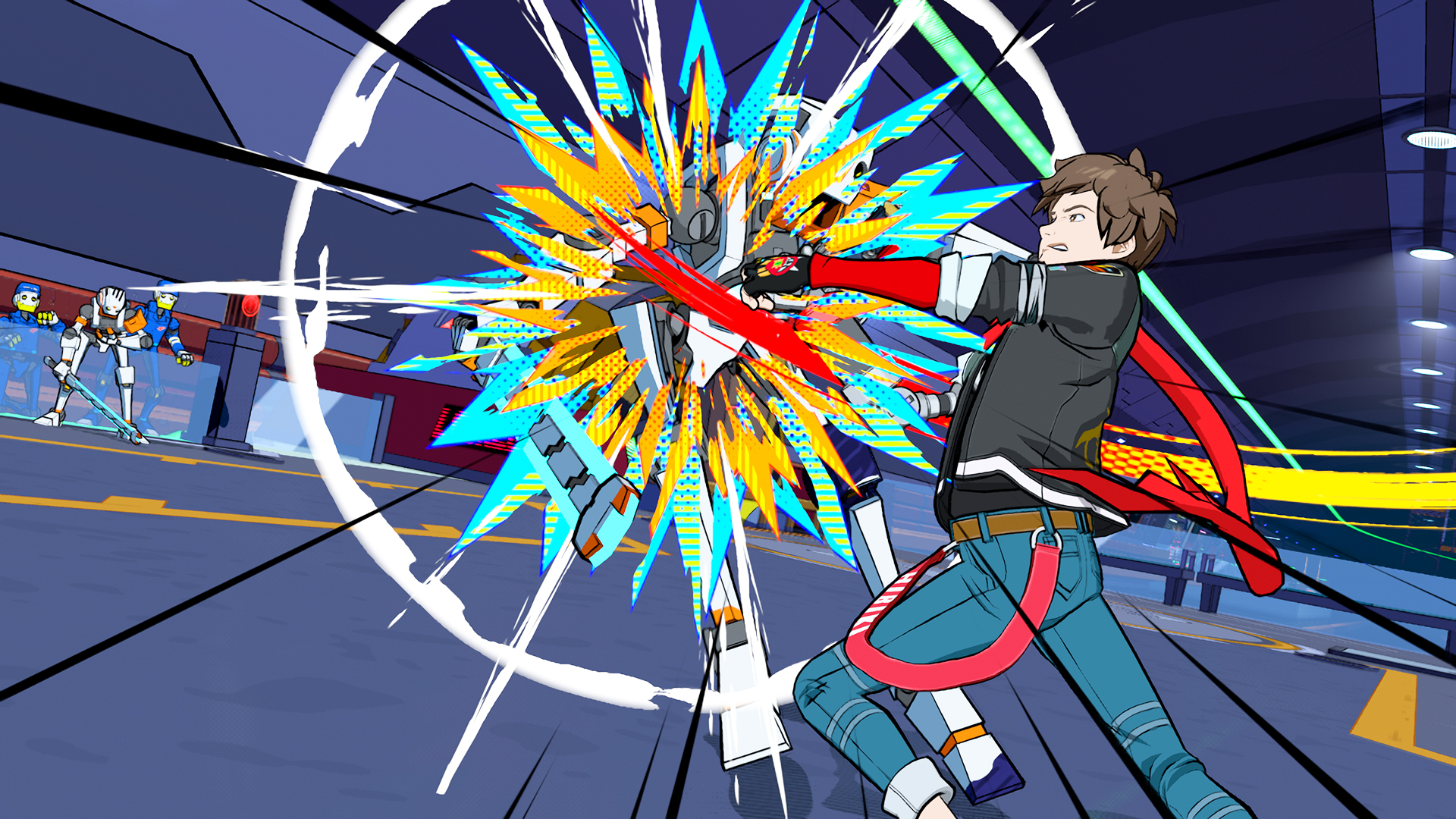
Changhan 'CH' Kim says Tango's real value is the creative talent it brings to the company.
It’s been quite a year for Tango Gameworks. After releasing the acclaimed Hi-Fi Rush in 2023, it was shut down by Microsoft in May 2024, only to be rescued from oblivion a few months later by PUBG publisher Krafton. In a new interview with Game Developer, Krafton CEO Changhan ‘CH’ Kim explained the company’s motivation for snapping up Tango, and he claims it wasn’t for money—it was for the love of the game.
“We wanted to maintain their legacy,” Kim said. “Although they did not have a big success in their games, we saw many creatives worth pursuing. That’s why we wanted to work with that organization.”
The real goal of the acquisition, Kim said, is to increase the diversity of Krafton’s lineup: Making videogames is an inherently risky “hit or miss” business, “but having more project lineups is actually a way to mitigate risk, because one of them might work out.”
“We can’t acquire Tango Gameworks based on their financials or their numbers, right?” Kim said. “We don’t think Hi-Fi Rush 2 is going to make us money, to be frank. But it’s part of our attempt. We have to keep trying [to develop games] in the spirit of challenge-taking.”
As for why Krafton picked up Hi-Fi Rush in the Tango Gamesworks deal but not the arguably more well-known Evil Within and Ghostwire: Tokyo games, the short version is that it wanted to get the deal done fast in order to “minimize the gap” for Tango employees. Attempting to acquire all of Tango’s games would “complicate” the deal too much, Kim said, and Krafton decided that Hi-Fi Rush is the one gamers really want more of.
Kim said he doesn’t actually know how much Hi-Fi Rush earned for Microsoft, although he suspects it wasn’t much; his own aspiration for the studio, and more broadly, is simply to “recoup the production costs.”
“The big hit shouldn’t be your goal,” he said. “If you think about it that way, Hi-Fi Rush might have brought in a little bit of a minus in terms of the financials, but it’s a team that should be encouraged to create something new and continue their journey. We want to have more teams like that under our umbrella.”
I’m not one to lionize videogame executives—quite the opposite, really—but this does seem like a smart and healthy attitude toward game development. Games have to make money at some point, yes, but right now Krafton seems to be rolling in the dough—it announced record-level sales and operating profits in August—and that means that for the moment at least, it can afford to take some risks.


